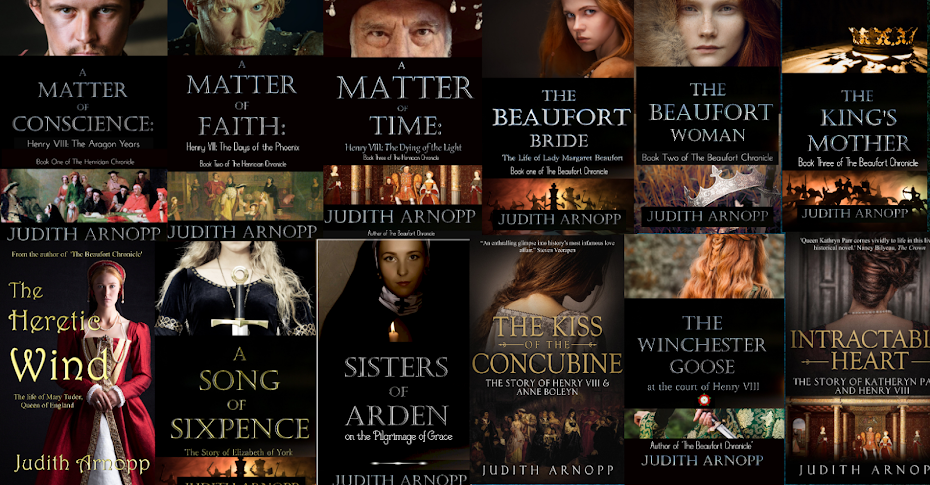I am very pleased to have author, Grace Elliot, joining me today as part of her blog tour to announce the release of The Ringmaster's Daughter.
Grace Elliot leads a double life as a
veterinarian by day and author of historical romance by night. She lives near
London and is housekeeping staff to five cats, two teenage sons, one husband
and a bearded dragon. Grace believes that everyone needs romance
in their lives as an antidote to the modern world. The Ringmaster’s Daughter is
Grace’s fifth novel, and the first in a new series of Georgian romances.
Being
a Woman in Georgian England
“[England
is] a paradise for women and hell for
horses.” Robert Burton 1651
The quote above is from the 17th
century, but the underlying sentiment remains true in Georgian times. Just in
case the word ‘paradise’ confuses you – consider that women are being put in
the same category as horses, that is, both subject to men, their lord and
master. In effect Burton is saying that women should consider themselves jolly
lucky to be coddled and generously looked after by their menfolk. Puts a
different complexion on the term ‘paradise’ doesn’t it?
If you aren’t convinced, then
consider this quote by Judge Buller, in 1782, who ruled on a point of English
law concerning women and concluded:
“[It
is] perfectly legal for a man to beat his
wife, as long as he used a stick no thicker than his thumb.”
In the upper classes there the
prevailing attitude was of men ‘owning’ women – almost as though the men were
intimidated and needed to keep women firmly under the thumb! Men subjugated
women by linking learning, knowledge, politics and career to a loss of feminine
charm. A ‘honey trap’ was created where a woman looked to marriage for
security, and if she tried to be independent she was labelled as having loose
morals. This is illustrated in this quote written in 1757 by Jean Jacques
Rousseau:
“There
are no good morals for women outside of a withdrawn and domestic life …any
woman who shows herself off disgraces herself.”
But of course, many lower class
women had no choice but to earn a living and there were
few jobs were considered 'decent' - and surprise, surprise, they paid poorly. Interestingly,
the 18th century saw the birth of consumerism and some women stepped
into roles as seamstresses (helping the wealthy keep up with the latest
fashion), writing for magazines and pamphlets (more lofty literary ambition was
frowned upon), decorating ceramics and indeed, serving in the new shops. But as
for actresses and singers, those females who might consider entertaining for a
living were labeled as being sexually available…which brings us back to
Henrietta Hart.
The Ringmaster’s Daughter – synopsis
When the winsome
Hetty defies society and performs in breeches, Wolfson’s stony heart is in
danger. Loath as he is to admit it, Hetty has a way with horses…and men. Her
audacity and determination awaken emotions long since suppressed.
But
Hetty’s success in the ring threatens her future when she attracts the eye of
the lascivious Lord Fordyce. The duke is determined, by fair means or foul, to
possess Hetty as his mistress – and, as Wolfson’s feelings for Henrietta grow,
disaster looms.
SOCIAL
MEDIA LINKS
Subscribe to Grace’s quarterly newsletter
here:
Grace’s blog ‘Fall in Love With
History’ here:
Website: here:
Grace on Twitter: @Grace_Elliot
Goodreads: here:
Grace’s author page on Amazon: here:
Facebook: here:








